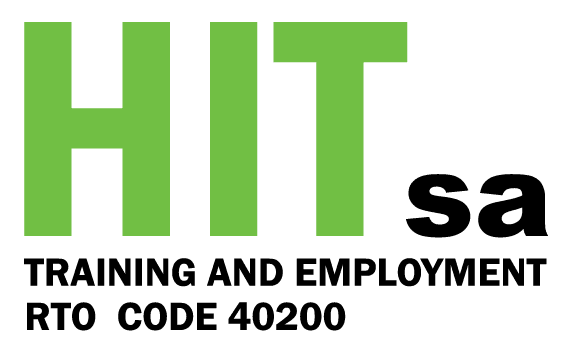It’s been an unusual and tough start to the year of 2020. You might have lost your job, been stood-down or had an extended ‘holiday’ due to COVID-19. During this time, you may have been left thinking about your lifestyle, job and what career path you actually want to take.
Many of us have been stuck at home with extra time on our hands to think about… everything. In particular, people have been left thinking about a career change. Did this crisis make you think about changing up your career? If so, a great step in doing that would be to gain a qualification in your preferred sector!
In addition, even if you’re not looking for a career change as such, having qualifications behind you is a great way to be prepared for sudden change.
How do I kick start a career change?
A great step to take when wanting a career change is to complete some relevant training. Whether that be a Certificate 3 in something or a job ready course. Depending on what sector you currently work in and what you’re aiming to get in to, of course. You may be coming from an office job and wanting to move into hospitality. Therefore a great job ready course would be a Barista Course or an RSA course.
In addition, a certificate 3 or even 4 would be a great option if you’re wanting to get straight into a new career. For example, a Certificate 3 in Aged Care would provide you with a certification as well as a potential job upon competition. Training and career in one!
Benefits of study
The most obvious benefits of studying would be learning new skills. Studying allows you to learn new things about certain topics, but it also opens the door to the work industry or even a career change. No matter what age, studying is always beneficial. Whether you’re looking for a career change, new job or just want to get something behind you as a backup plan. There are numerous courses to help you achieve those goals!
Affordable study options
Studying can sometimes seem daunting due to the cost. However, HITsa offer affordable courses as well as government subsidised courses. There are a range of government funded courses including a Certificate 3 in Individual Support, Certificate 3 in Hospitality and more. These courses would be great for those who have recently lost their job and looking for a new career.
Check your eligibility for government funded courses here.
HITsa can help you with your career change
Furthermore, whether you’re wanting to get into the work force, seeking a career change or just wanting to gain new skills and knowledge to fall back on to. HITsa offer a great range of nationally recognised courses as well as job ready courses and job pathways. With affordable study options and government subsidies, look no further than Adelaide training industry – HITsa.
Call the HITsa team on 8375 2800 to discuss study options today. Or alternatively, check out their course options here and send an enquiry online.













